- TECHSWU
- Posts
- TECHSWU #60
TECHSWU #60



Chinese company Starpery Technology is working on integrating advanced artificial intelligence (AI) into its sexbots to make them more interactive and conversational. The company is training its own AI models to enhance its products, which will be available in male or female forms.
The next generation of sexbots, expected to be released soon, will have unprecedented capabilities, with the ability to interact both vocally and physically with users. Starpery Technology CEO Evan Lee said that the goal is to focus on emotional connection and enhance the user experience rather than just providing basic conversational abilities.
Currently, Chinese sexbot sales outpace those in the US, Japan, and Germany, and the country is also developing robots for household tasks, assistance to people with disabilities, and care for the elderly.
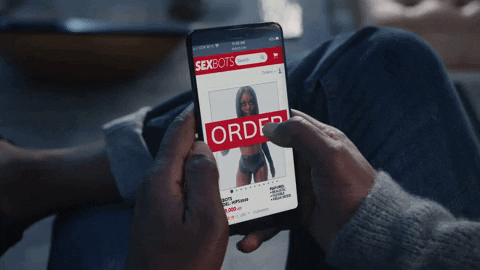
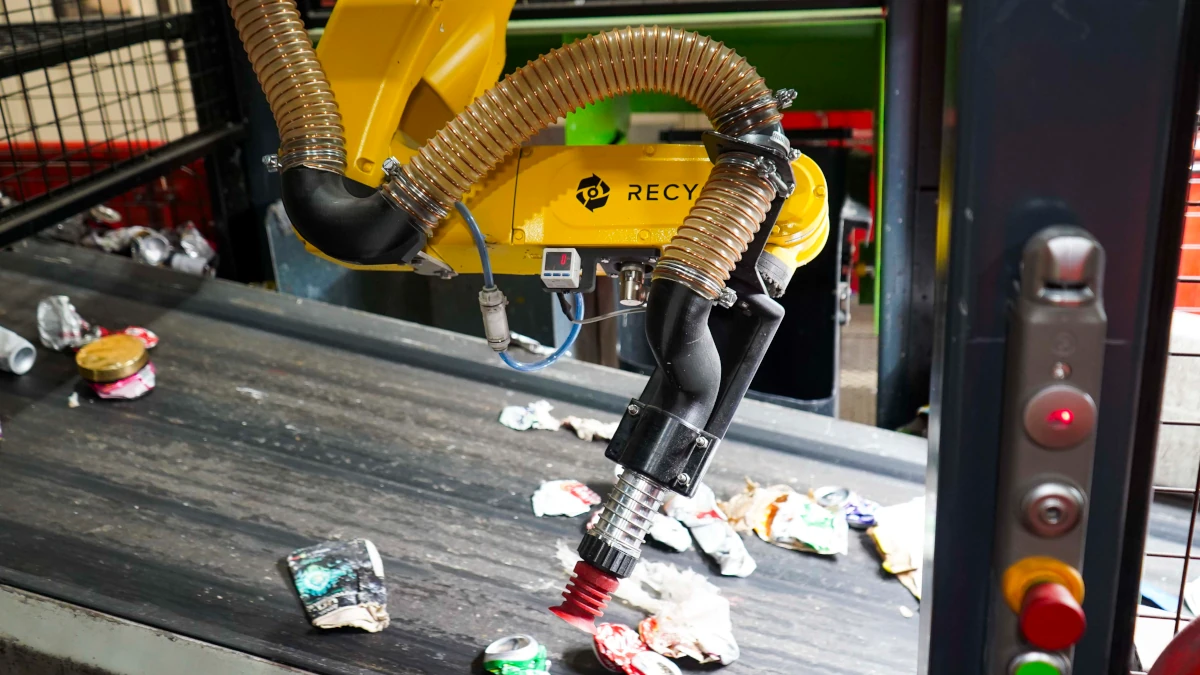
A collaboration between waste management company Veolia and AI robotics firm Recycleye has brought an AI-driven robotic arm to the Veolia Southwark IWMF waste recycling facility in London. The robotic arm is capable of accurately identifying and removing paper, card, mixed plastics, and beverage cartons from the aluminium recycling stream, leaving only pure aluminium for processing.
The robotic arm, which is equipped with a camera, a 6-axis robotic arm, a pneumatics system, and a compute box, uses compressed air and a silicon gripper to pick and sort items. It can pick between 35 and 50 items per minute and collects data on the objects passing along the belt, which is uploaded to the cloud for analysis.
The arm will support staff in improving recycling efficiency and reducing contamination of recyclable materials. The project is supported by The Alliance for Beverage Cartons and the Environment (ACE).
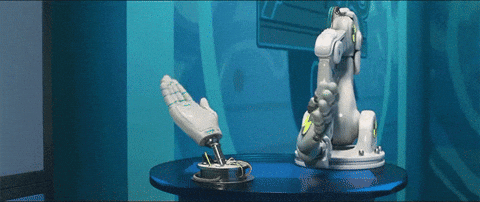

Endiatx, a medical technology company, is making significant progress in bringing its swallowable robotic pill to market. The pill, called the PillBot, is equipped with cameras, sensors, and wireless communication capabilities, allowing doctors to examine the gastrointestinal tract with precision.
Endiatx has raised $7 million in funding and is currently in clinical trials, with the pivotal trials set to begin in Q3/Q4 at a leading US medical institution. The PillBot has a high-resolution video transmission capability and is guided by doctors using a handheld game controller.
The ultimate goal for Endiatx is to secure FDA approval and launch commercially in the US by early 2026. The company envisions a future where PillBots are readily available and affordable, potentially sold over-the-counter at pharmacies for around $50.
Endiatx also sees artificial intelligence playing a crucial role in the future development of the PillBot, enabling full autonomy and wider accessibility of the technology.

In a captivating scene, a ballerina gracefully glides across the stage, accompanied by a robot that mirrors her every move with an eerily human-like precision. This mesmerizing duo is not just a spectacle, but a glimpse into the future where artificial intelligence (AI) is revolutionizing the arts.
The integration of AI and creativity is happening in ways we never imagined.
Artificial intelligence is reshaping the arts by pushing the boundaries of what is possible.
It is allowing artists to explore new concepts, collaborate with machines, and create stunning works of art. With AI, dancers can explore new movements and choreography, musicians can compose music with the assistance of algorithms, and visual artists can produce breathtaking pieces with the help of machine learning.
However, this technological revolution does not mean that human creativity is being replaced. Instead, AI is becoming a tool that enhances human creativity and allows artists to push the limits of their imagination.
The combination of human artistry and machine precision is creating a new era of artistic expression.
As AI continues to evolve, we can expect to see even more groundbreaking collaborations between humans and machines in the arts.
The future of the arts is both exciting and promising, as we witness the transformative power of AI in revolutionizing creativity and bringing us into a new era of artistic innovation.


Will Smith is set to lead a new artificial intelligence TV series, marking a potential career shift for the actor. Despite mixed critical reception, Smith's new show has the opportunity to improve upon his previous sci-fi effort, I, Robot.
The upcoming series can learn from the downfalls of I, Robot's story to succeed in the eyes of both audiences and critics. Smith, known for his success in movies like Independence Day and Men in Black, is returning to television after a long hiatus, and this new role provides a chance to redeem himself in the sci-fi genre.
With the involvement of sci-fi veterans Jonathan Nolan and Lisa Joy, Smith's new show has the potential to become a compelling and fully realized artificial intelligence story. By addressing the shortcomings of I, Robot and focusing on its own unique story, the new series can become a critical and commercial hit.

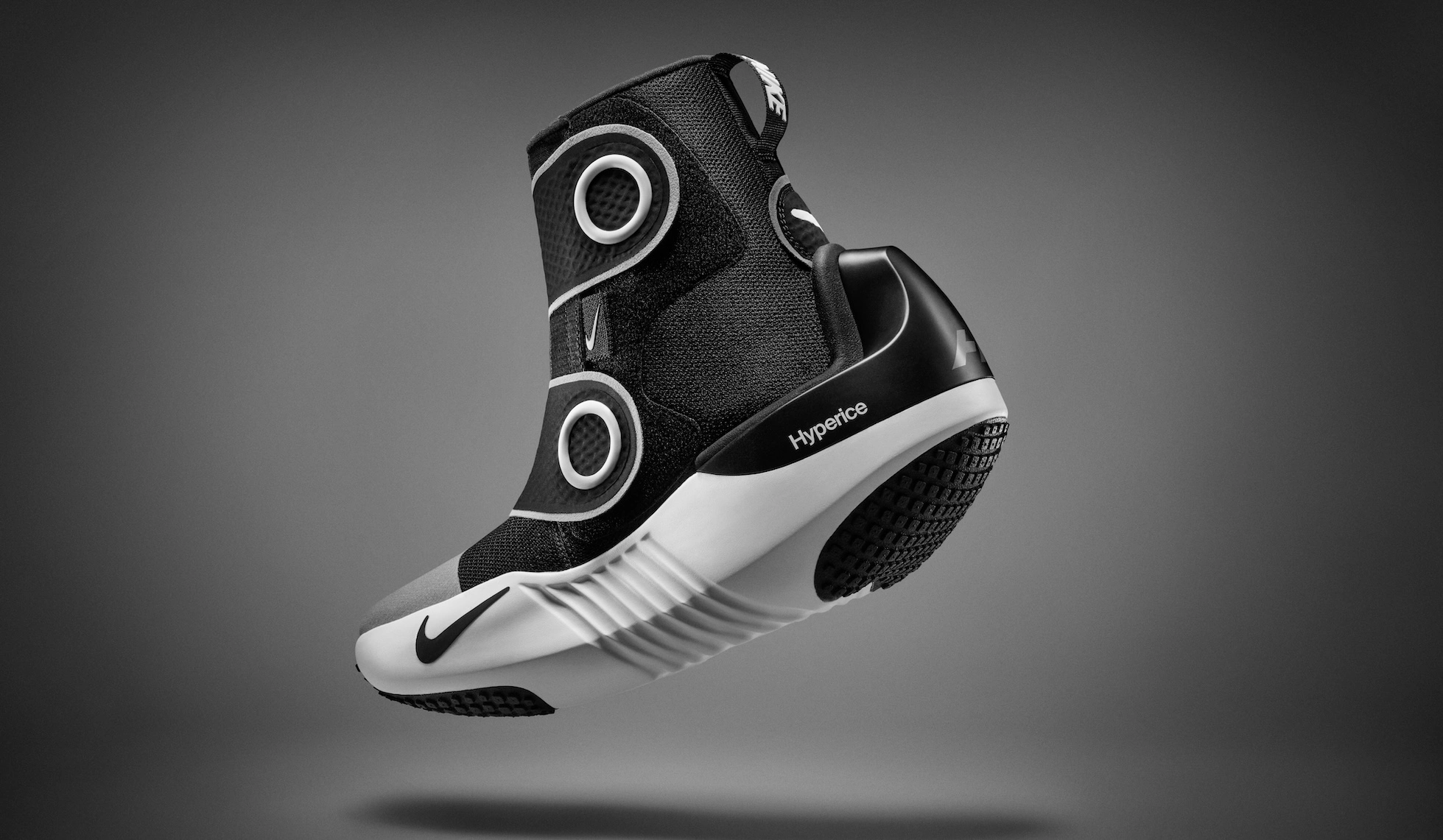
Nike and Hyperice have partnered to introduce new high-tech recovery products designed to improve athletes' warmups and recovery. The collaboration includes a Nike x Hyperice boot and vest with advanced wearable technology.
The high-top shoe features heat and dynamic air compression massage for athletes' feet and ankles, promoting a warmed-up state that enables more efficient performance. The boot includes dual-air Normatec "bladders" bonded to warming elements, allowing for even heat distribution.
The vest utilizes thermoelectric coolers for instant heating and cooling without the need for ice or liquids. With built-in sensors, the vest can monitor and control body temperature for optimal heating or cooling during warmups and cooldowns.
The partnership aims to redefine the concepts of warm-up and recovery, creating a new concept called "pre-covery." The products will be tested by athletes at the upcoming Paris Olympics.


AI search startup Perplexity is under scrutiny for allegedly breaking the Robots Exclusion Protocol, a widely accepted web standard, in order to scrape parts of the web that website operators do not want to be accessed by bots. Wired and developer Robb Knight found that Perplexity uses an unlisted IP address to bypass the robots.
txt files meant to block web crawlers, enabling it to summarise articles from the websites in detail. Despite this, Perplexity claims to respect the protocol in documentation on its website.
The company is also facing copyright infringement threats, as Forbes accused Perplexity of ripping off its reporting without proper attribution. Perplexity's product diverts traffic away from websites by providing detailed AI-generated articles, which can negatively impact the business models of digital media companies.

Los Angeles-based startup GrayMatter has raised $45 million in a Series B funding round to further develop its AI-powered robots for manufacturing. GrayMatter's "physics-informed AI" technology enables robots to self-program and handle high-mix, high-variability manufacturing environments, addressing the backlog and quality issues faced by companies in the industry.
The company provides smart robotic cells that use its proprietary GMR-AI to perform tasks like sanding, polishing, and inspection. Unlike traditional automation robots, GrayMatter's machines program themselves from a high-level task description and adapt their process parameters based on observed performance.
The robots are able to produce highly consistent results at speed, reducing the risk of failure and improving productivity and quality. GrayMatter has already deployed 20 custom-made robotic cells across various sectors, including aerospace and defense, metal fabrication, and sports equipment.
The funding will be used to scale the team, develop next-generation AI robotic cells, and meet growing customer demand.
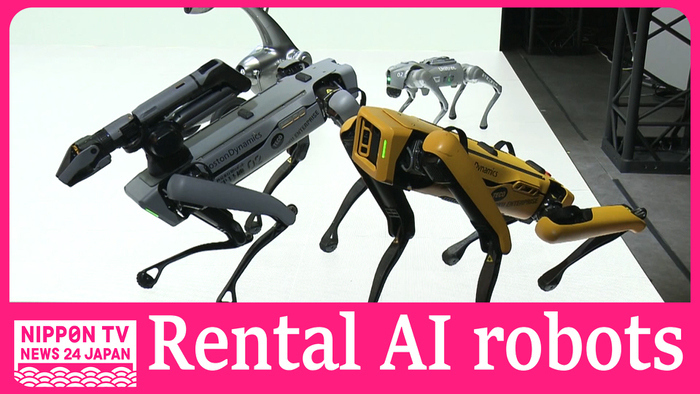
Japanese IT company, GMO Internet Group, is entering the AI robot rental business. The company aims to address workforce shortages by offering smart AI-based robots to various industries such as logistics and agriculture.
The robots are equipped with high-performance AI that learns through trial and error, allowing them to perform a variety of movements. GMO Internet Group hopes that their robot rental business will help meet the demand for such technology in the market.
By providing businesses with the opportunity to rent AI robots, the company aims to alleviate the financial burden of purchasing expensive robots outright. This new venture by GMO Internet Group shows their dedication to finding innovative solutions to address workforce shortages and promote the use of AI technology in various industries.


Los Angeles-based startup GrayMatter has secured $45 million in a series B funding round to develop AI-powered robots for high-mix, high-variability manufacturing environments. The company's "physics-informed AI" technology enables robots to self-program and address production backlogs.
GrayMatter aims to solve the skilled worker shortage in the American manufacturing industry, which currently has 3.8 million unfilled jobs.
Traditional robots struggle with the complexity and variability of such environments, but GrayMatter's self-programming capability allows robots to adapt and execute tasks autonomously, reducing capacity and quality issues. The company's smart robotic cells have been deployed across sectors and have proven to be faster and more efficient than manual operators.
GrayMatter plans to scale its team in Los Angeles and develop next-generation AI robotic cells to meet growing customer demand.

The emergence of large language models powered by artificial intelligence (AI) is causing significant disruption to the job market, particularly in the fields of art and knowledge work, according to experts. These AI systems are capable of generating human-like written language and realistic images, making creativity and knowledge work more accessible to all.
While this development has a range of benefits, including increased productivity and access to creative tools, it also raises concerns. The technology is far from perfect and can produce inaccurate, biased, or plagiarized output.
Additionally, there are questions about intellectual property rights and the fair use of training data. However, despite these challenges, experts believe that large language models open up new opportunities and jobs for individuals who are willing to adapt to and integrate this technology.
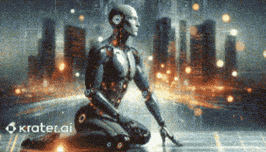

Despite the failure of Google Glass and the cancellation of its Iris Project, speculation has begun to circulate that Google may be developing a new set of augmented reality glasses. At the recent Google I/O 2024 event, the company showcased its AI assistant, Astra, which was demonstrated using a prototype pair of smart glasses instead of a smartphone.
While Google stated that these glasses were just a "prototype" and no official announcement has been made about the release of new AR glasses, industry experts believe that Google may be making a return to the smart glasses market. Google has a history of experimenting with smart glasses but has yet to find success.
However, with growing demand for AR glasses and the involvement of other major tech companies like Meta, Google may not want to fall behind its competitors. If Google were to release a new set of AR glasses, they would likely be lightweight, stylish, and focused on an immersive user experience.
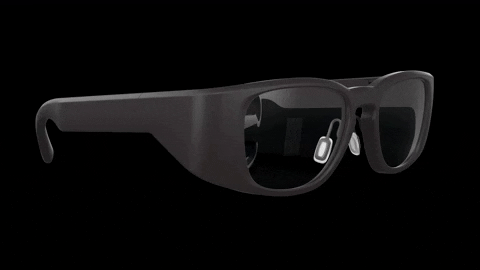

SoftBank founder Masayoshi Son plans to bring about an era of artificial superintelligence (ASI) through new investments. Son aims to create artificial intelligence (AI) that is thousands of times smarter than any human.
He envisions a future where chips designed by Arm Holdings support a thriving ecosystem of robots and powerful data centres that can cure cancer, clean houses, and play with children. Son expressed his desire to change the world before he leaves it, invoking his late friend Steve Jobs and acknowledging that his legacy will pale in comparison.
SoftBank is reportedly working on a plan, dubbed Izanagi, to deploy around $100 billion into AI-related chips. With SoftBank's cash pile growing and executives suggesting a return to aggressive investment, Son's goals have grown in proportion to his company's success.

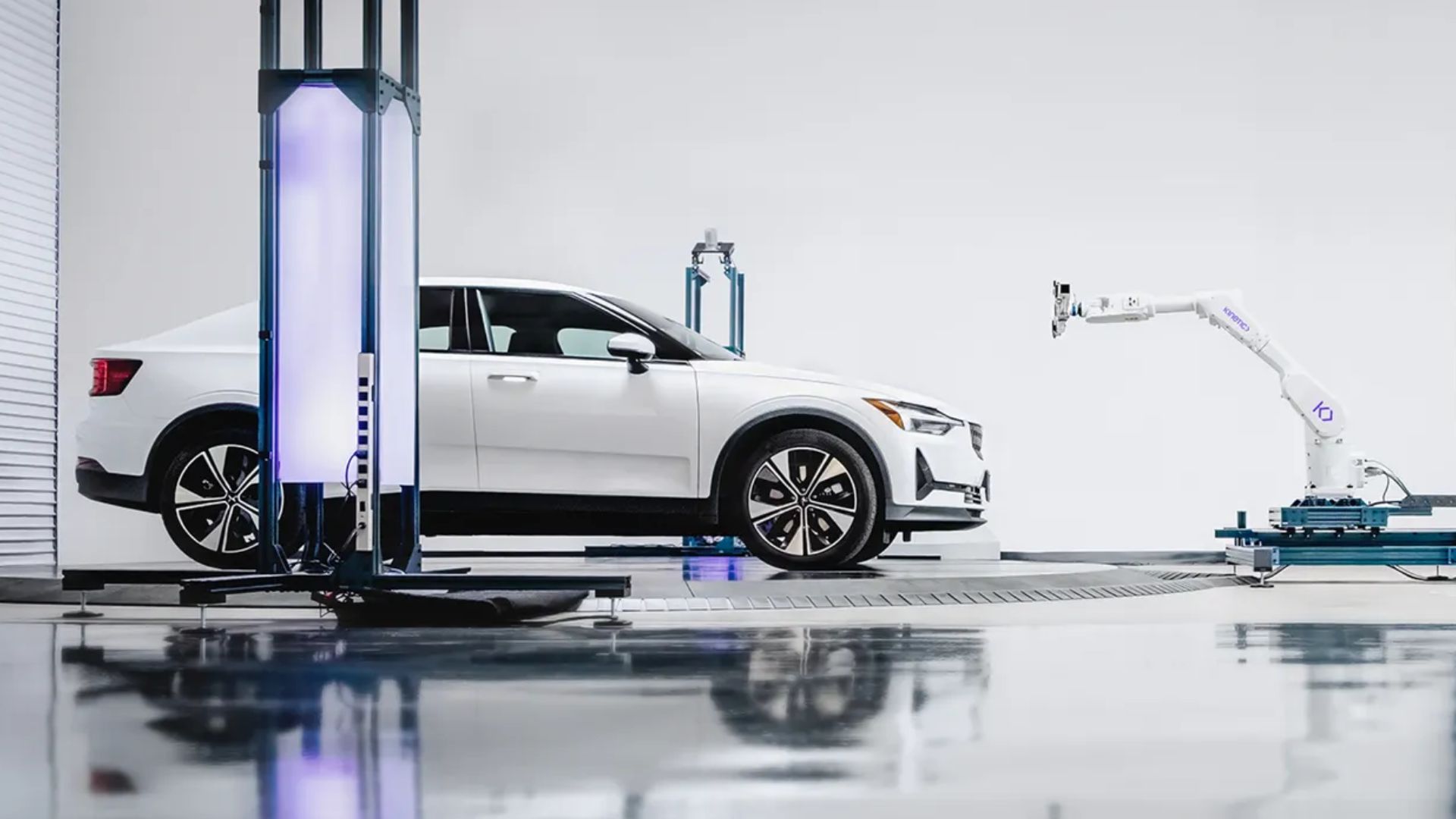
California-based startup Kinetic Automation has developed a robotic system that can quickly diagnose issues with the digital systems of electric vehicles (EVs). The system uses computer vision and machine-learning software to provide diagnostics and recalibration for the high-tech systems found in modern vehicles.
The company claims that repairing these systems is an urgent need and an extraordinary opportunity. The rapid diagnosis provided by Kinetic Automation's robotic system is likely to address a significant gap in the collision repair aftermarket and could increase EV sales, which have recently cooled due to the high cost of repairs for EV models.
According to the company, every Kinetic Hub, their state-of-the-art system, can support up to 80 calibrations per day with cycle times under 60 minutes, allowing collision repair businesses to accept more customers and grow revenue without adding additional equipment or floor space. Kinetic Automation aims to provide its services to robotaxi fleets and the owners of other autonomous vehicles in the future.



